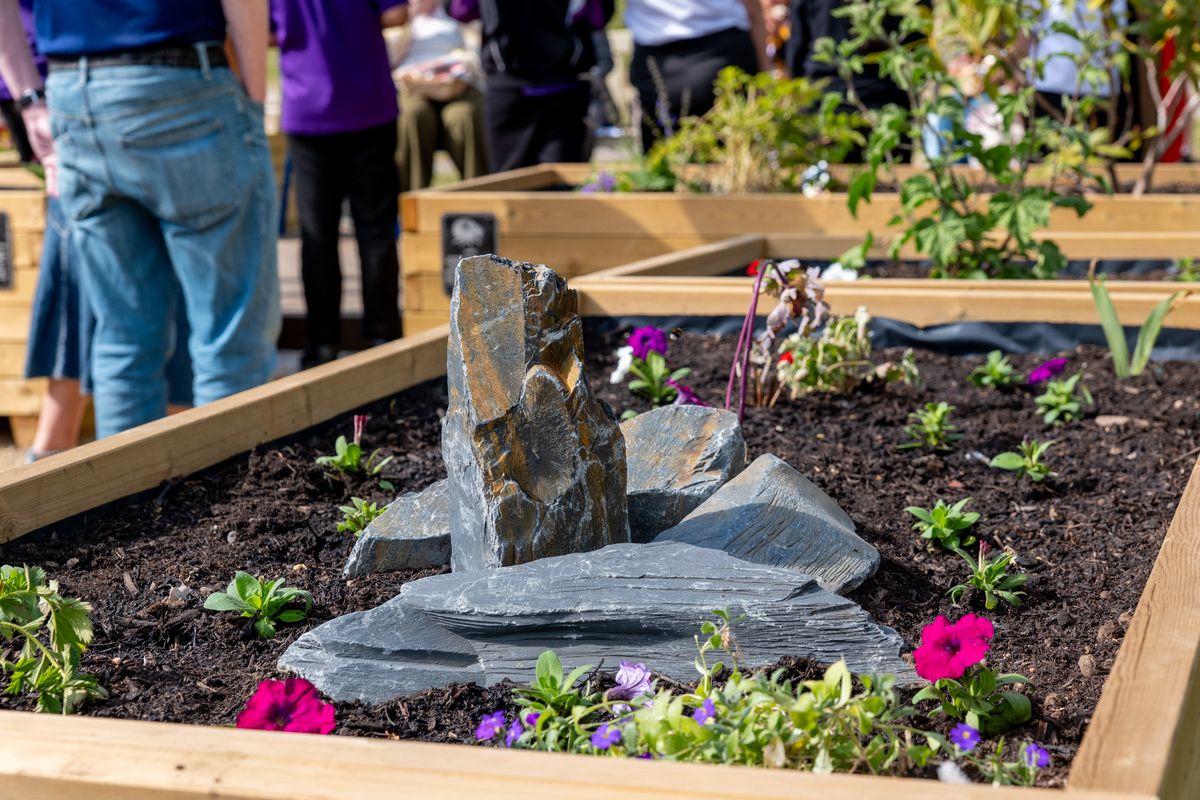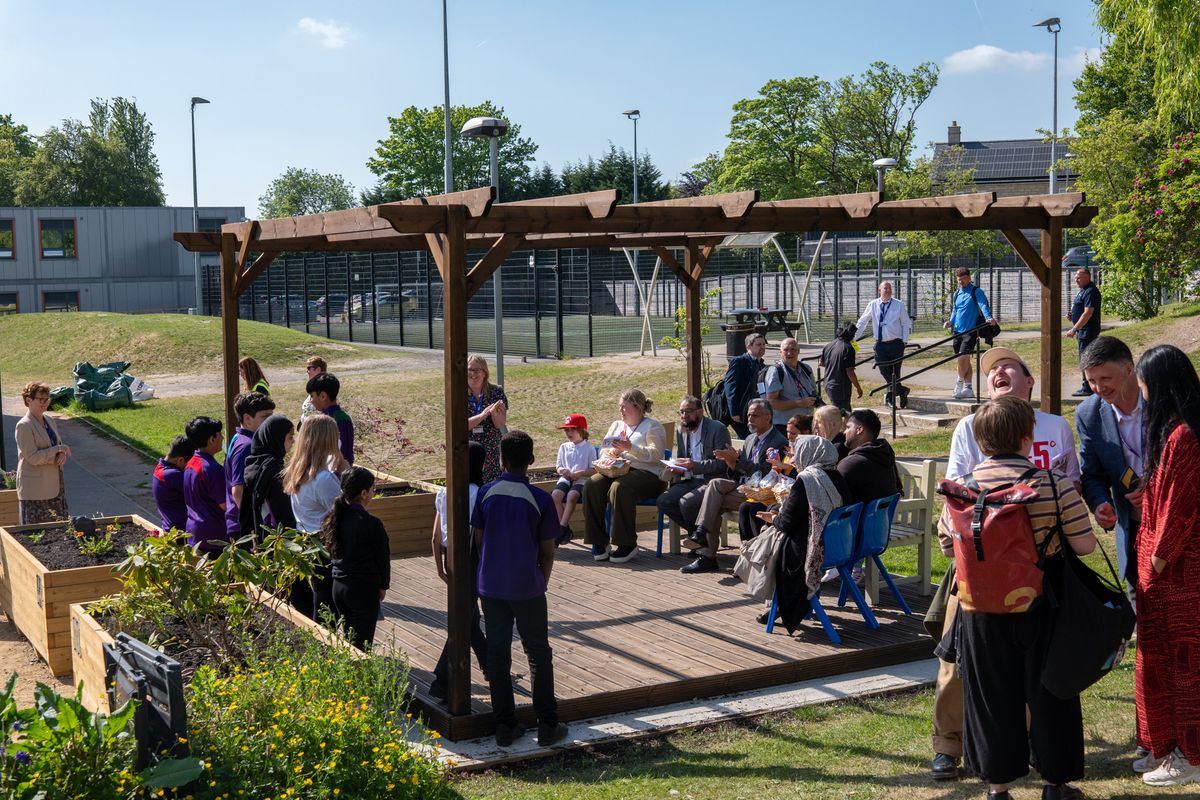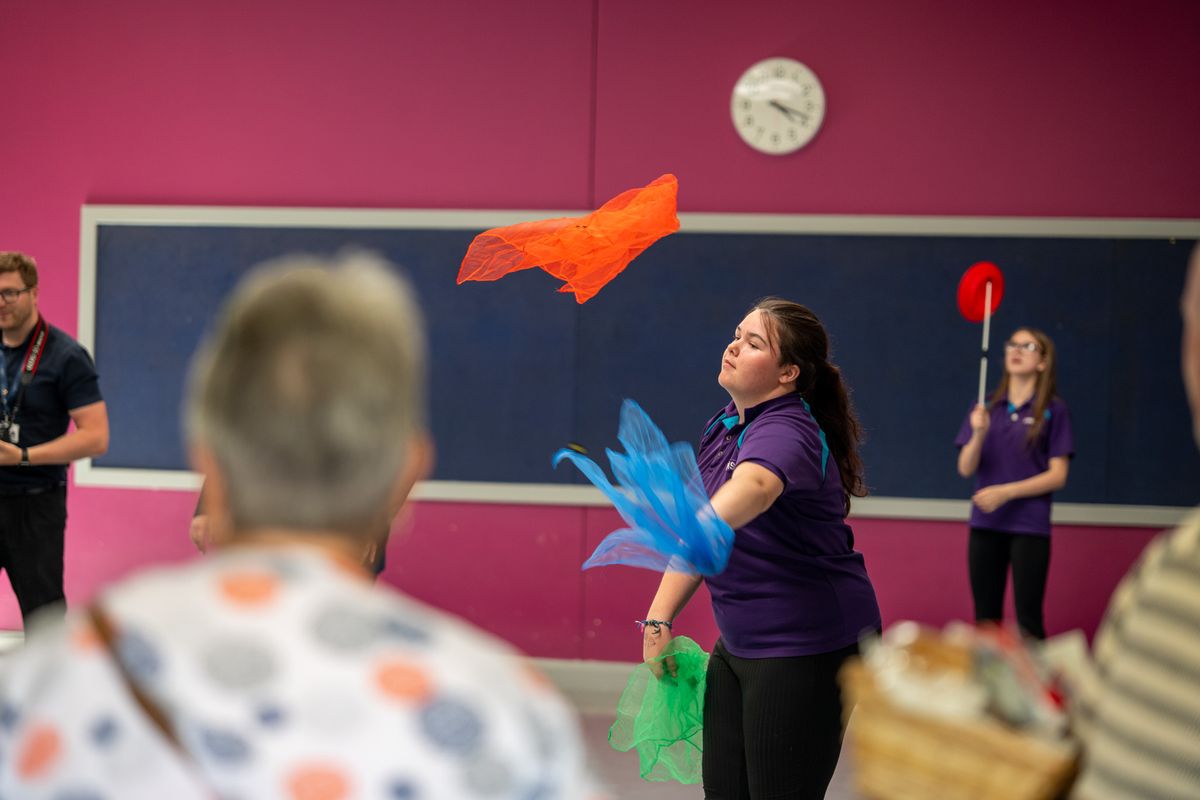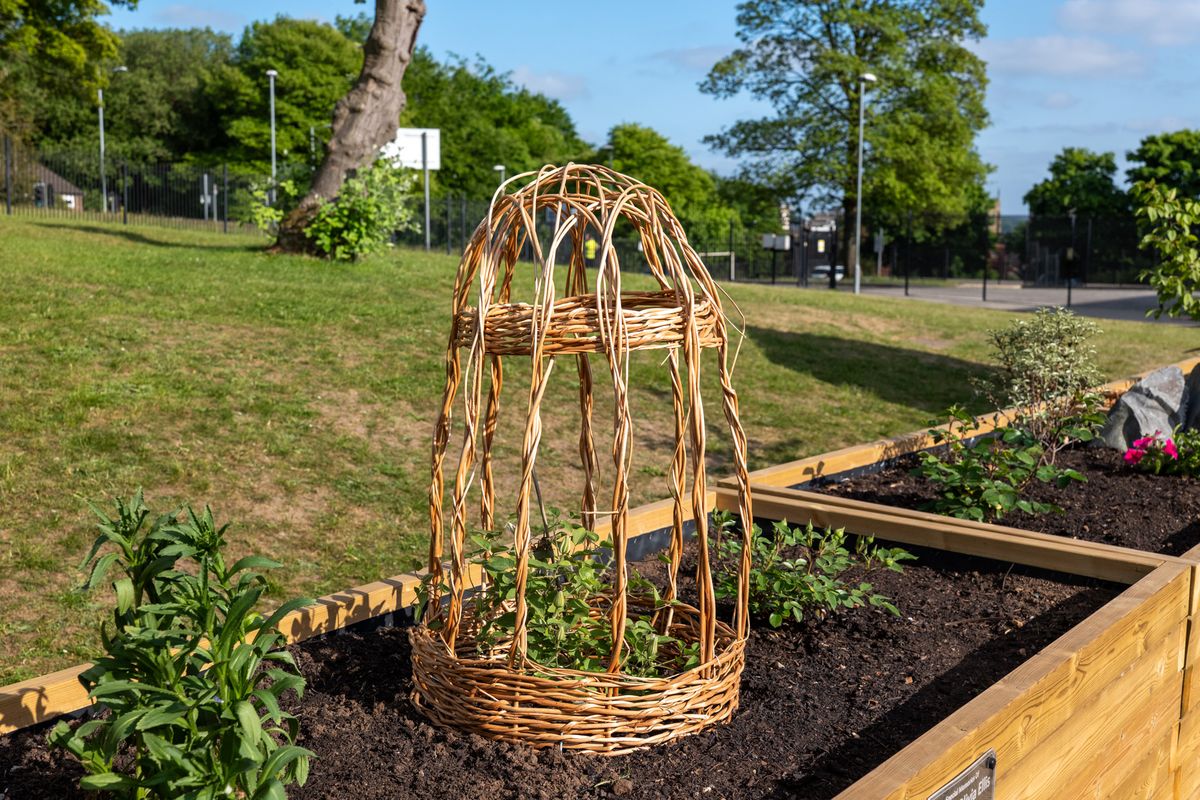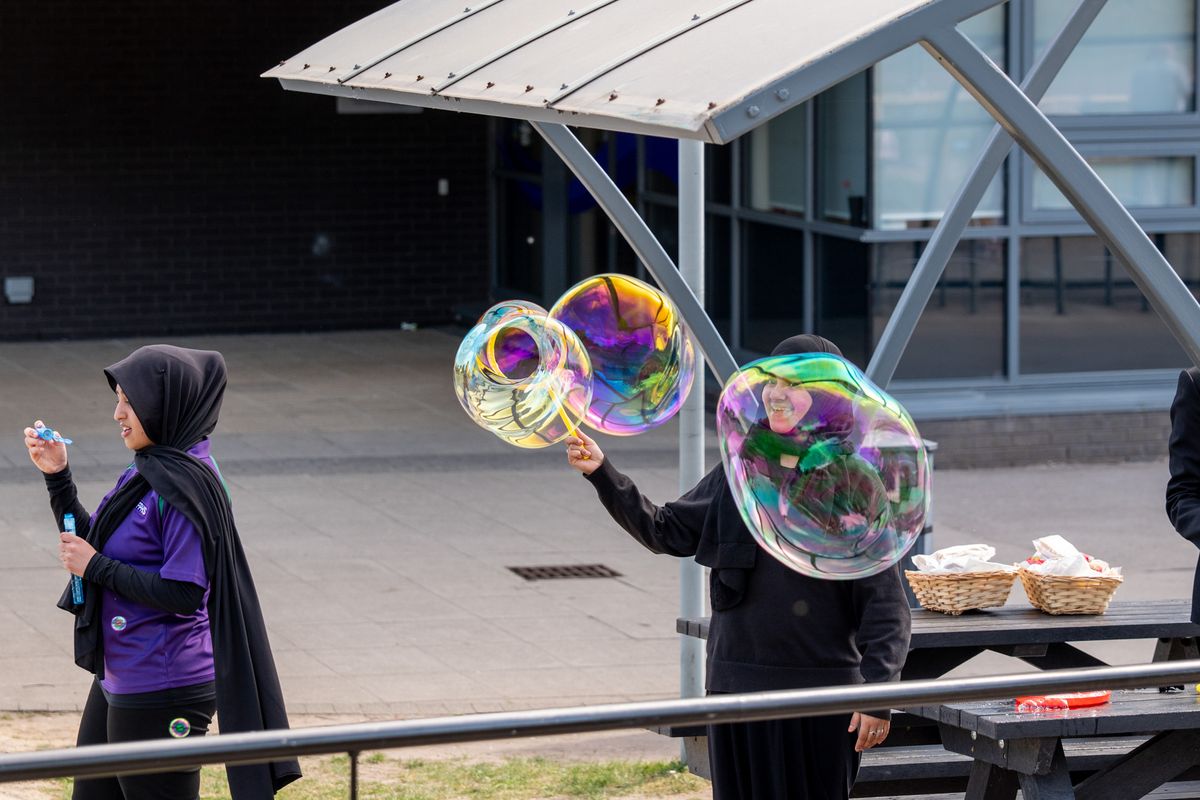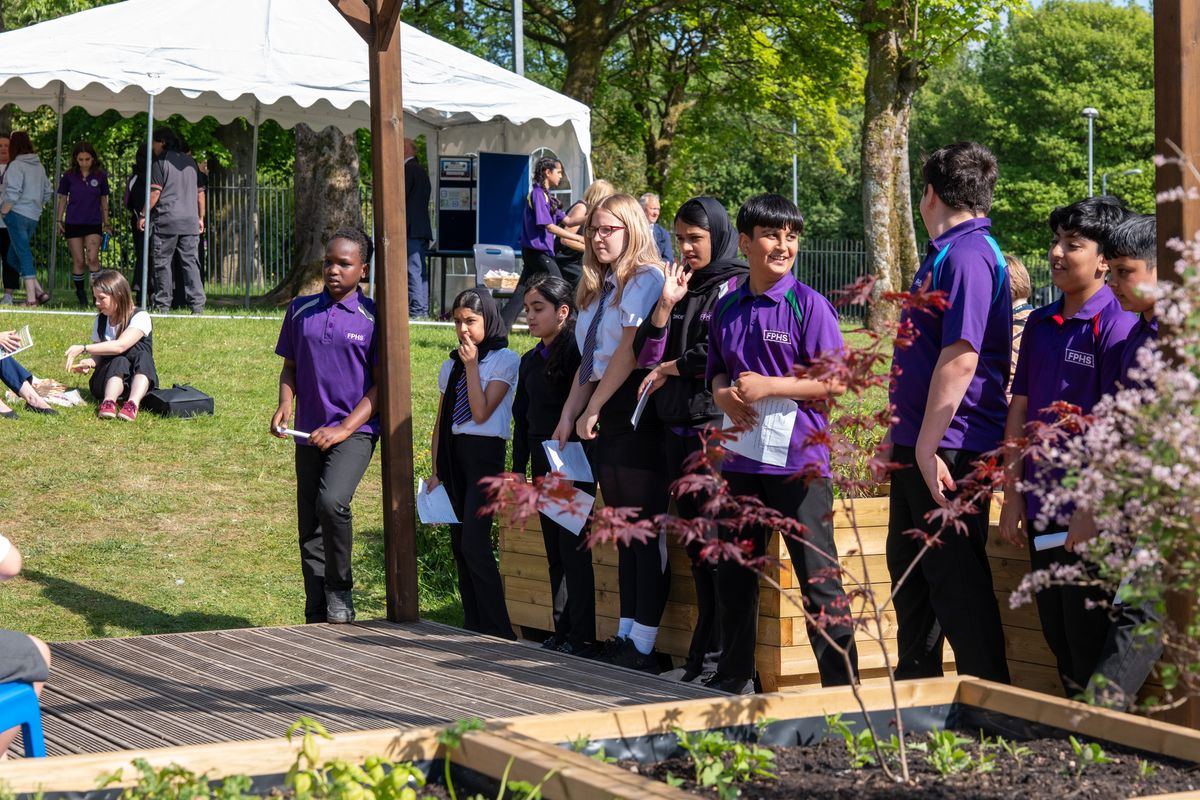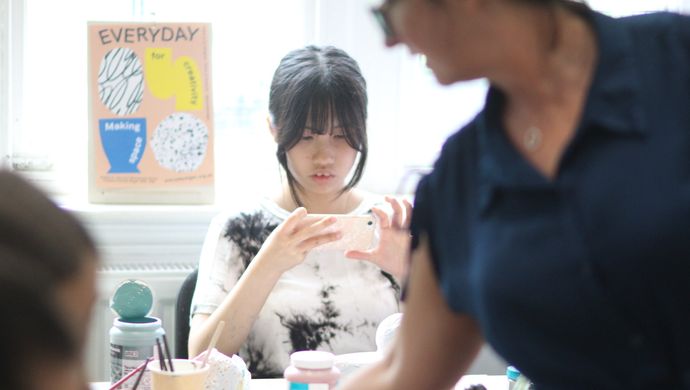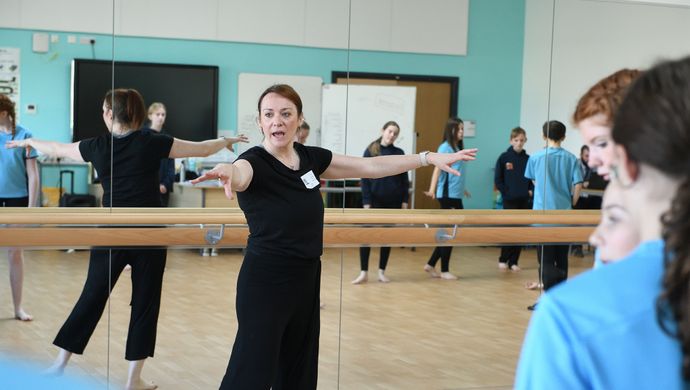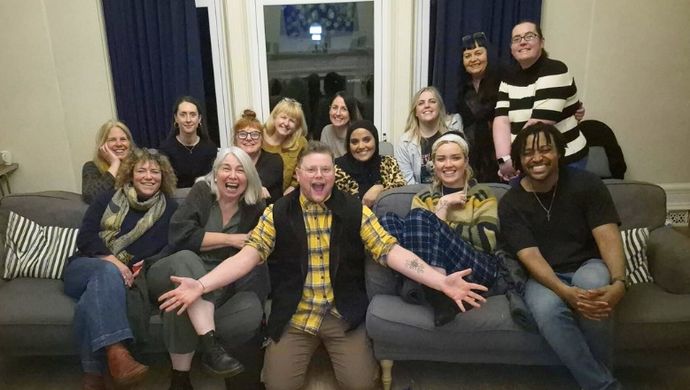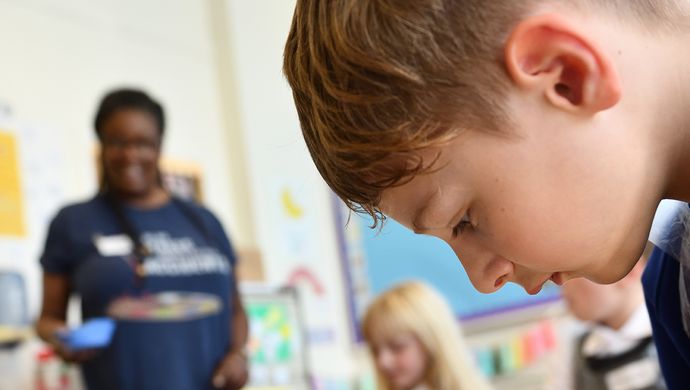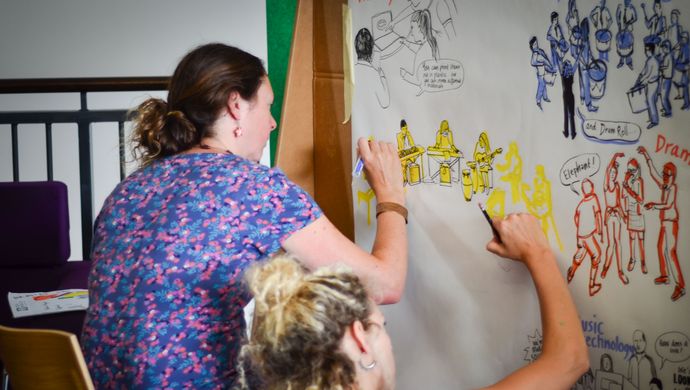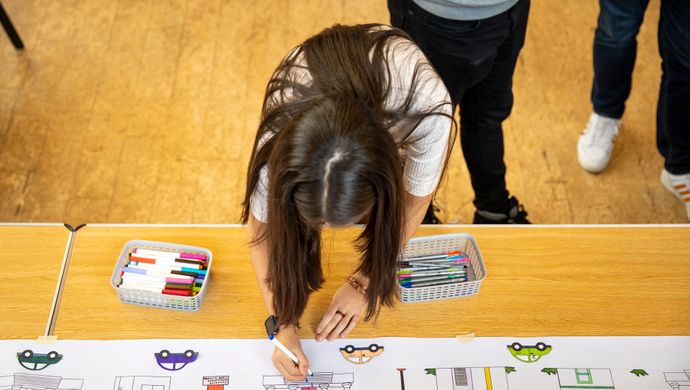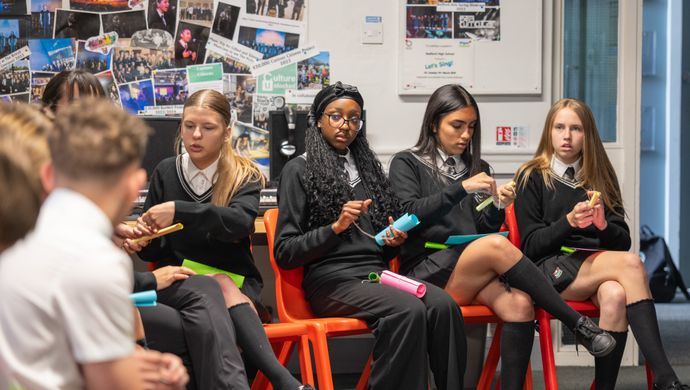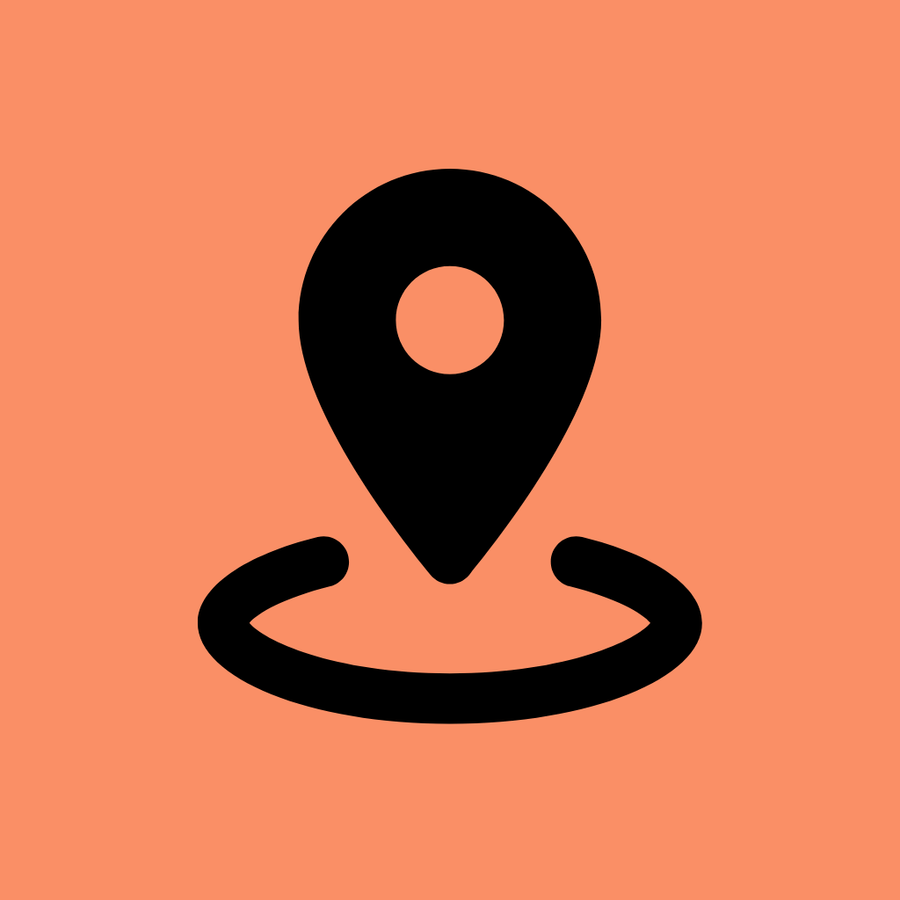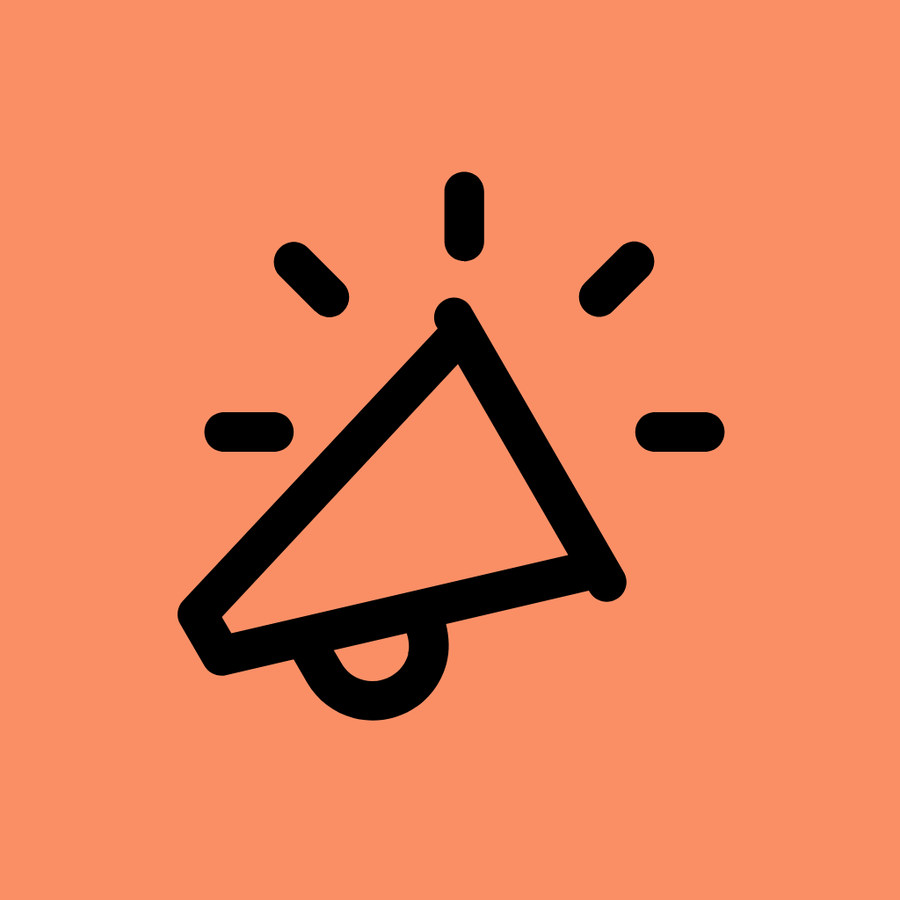Artsmark #Beewell
Creative health and wellbeing in Greater Manchester schools
At the heart of this two-year programme was #BeeWell; a student survey for schools, designed to really listen to young people about their wellbeing and use what they say to drive positive action. The annual survey has been running in Greater Manachester since 2019 and provides rich, actionable neighbourhood-level data.
Curious Minds with its funding partner, Arts Council England, wanted to explore how data-driven creative wellbeing interventions could be embedded within the framework of Artsmark – Arts Council England’s flagship quality mark for schools. It was important that the outcomes of this project be student-led and locally-responsive, as well as enriching the schools’ creative and cultural offer.
Seven secondary schools, across 5 Greater Manchester neighbourhoods, were selected to take part. All of these schools were in the early stages of working towards their Artsmark accreditation, meaning that activities would be developed within a framework of quality and best practice.
-
7 participating seconday school
-
5 neighbourhood cultural commissions
-
11 teachers trained
Young Health Champions – Creative Health module
The Royal Society for Public Health (RSPH) operates a learning programme for young people that teaches them how to manage their health and wellbeing, as well as how to promote health messages to peers.
With the support of RSPH, Curious Minds developed a module on creative wellbeing and trained teachers from the participating schools to deliver this module to their pupils. As well as exploring the ways in which creativity and arts can be used as tools to promote wellbeing, the Creative Health module also introduces skills in how to commission cultural providers and and manage arts-based projects for the wider community.
In total, 38 young students completed the Creative Health module of the Young Health Champion qualification, with more to come in the future.
I feel more confident, ready to take on new challenges and help my community more.
Young participant
Micro and neigbourhood cultural commissions
The next step of the programme was for the schools and their young people to turn this learning into action; identifying and addressing patterns that could be gleaned from the #BeeWell data.
Initially, the schools would develop a micro-commission for a local creative organisation. The young people, with their teachers, examined their setting’s own #BeeWell survey results then planned and commissioned interventions to directly address the issues raised. For this, the schools were each allocated a budget of £1000.
The schools then moved on to consider wider neighbourhood-level data - thinking about how arts and culture could directly address issues or gaps in provision for young people across their community. Working with an upscaled budget, and more external partners, the cohorts designed and led projects that would be of benefit to far more young people beyond the school walls.
A commissioning case study: Falinge Park High School
Falinge Park High School in Rochdale used their school and neighbourhood #BeeWell data sets to identify 3 key priorities, which would remain consistent through all their commissions:
- Developing community cohesion and the tolerance of others
- Developing participation in arts and cultural activities
- Developing optimism and self-esteem
The micro-commission saw them partner with Rochdale-based Skylight Circus Arts, which delivered ‘Train the Trainer’ workshops for 19 students. Those students then passed on their newly acquired skills to wider pupil groups through lunchtime sessions. Peer-to-peer modelling in this format led to growing confidence, self-esteem and social networks across year groups.
For the neighbourhood commission, they wanted to try something totally new and ambitious. Ergon Environmental Theatre Company was engaged to help create eight original audio pieces with students from the school’s Nature Group and with the support of Petrus – a local housing charity. A substantial ‘Arts, Words and Wellbeing Garden’ was developed on the school site, within which the audio pieces were installed. A haven of tranquility for generations of young people, their families and the wider community to enjoy.
Programme outcomes and benefits
Feedback already received from teachers and young people involved in this programme has already shown us evidence of impact.
We currently have an independent evaluator compiling and examining both qualitative and quantitative data from across the schools and communities involved. Once this evaluation is finalised and published, we will share key insights here.
I got to be really collaborative, not only with the other year elevens that are part of this project, but also the younger years … seeing what influences them and what they really like about nature and how that that links to well-being.
Young participant
One of our girls, who struggles with attendance, has been part of this project. She has been fully engaged throughout the four days of activity with [the artists]. Towards the end of one of the days when we were working on the sculptures, she came and sat next to me and said: ‘Miss, this has been one of the best days of my life.
Teacher participant
Curious to know more?
If you’re interested in learning more about our work in the field of creative health and wellbeing, we’d love to hear from you.
Email us or get in touch using the contact details below.



.svg)
